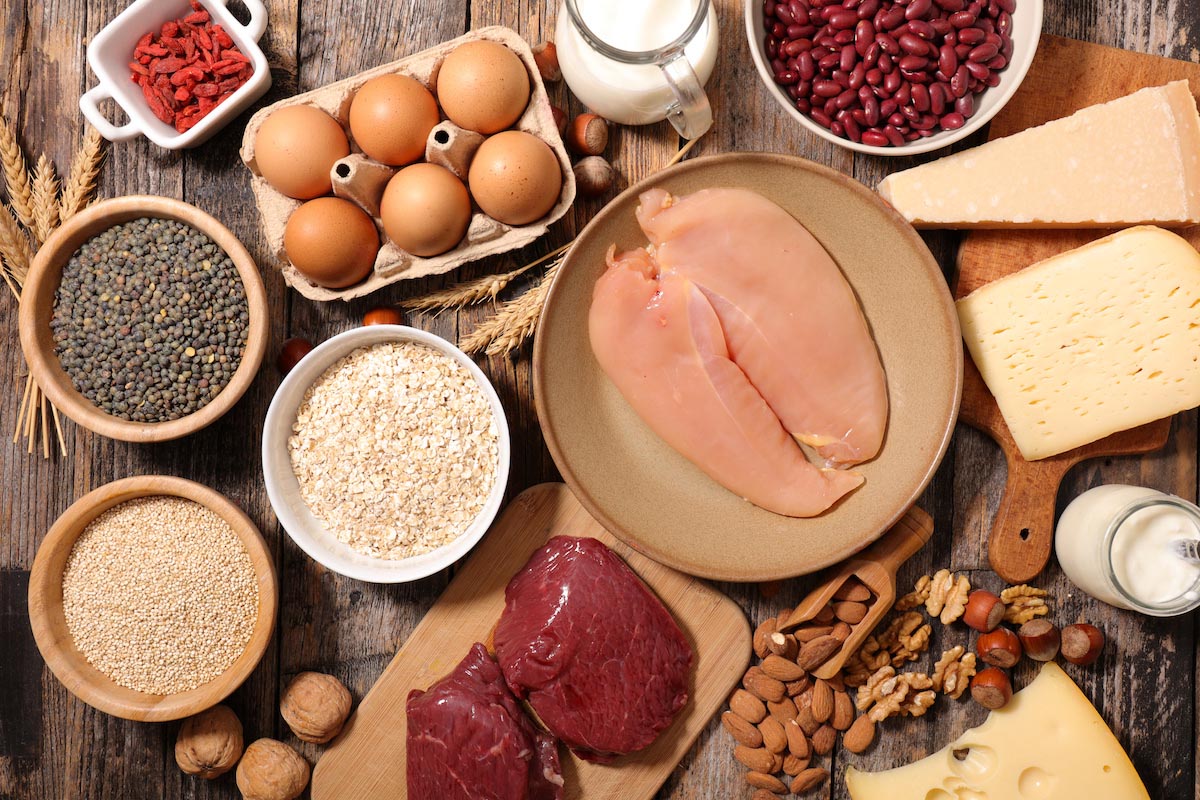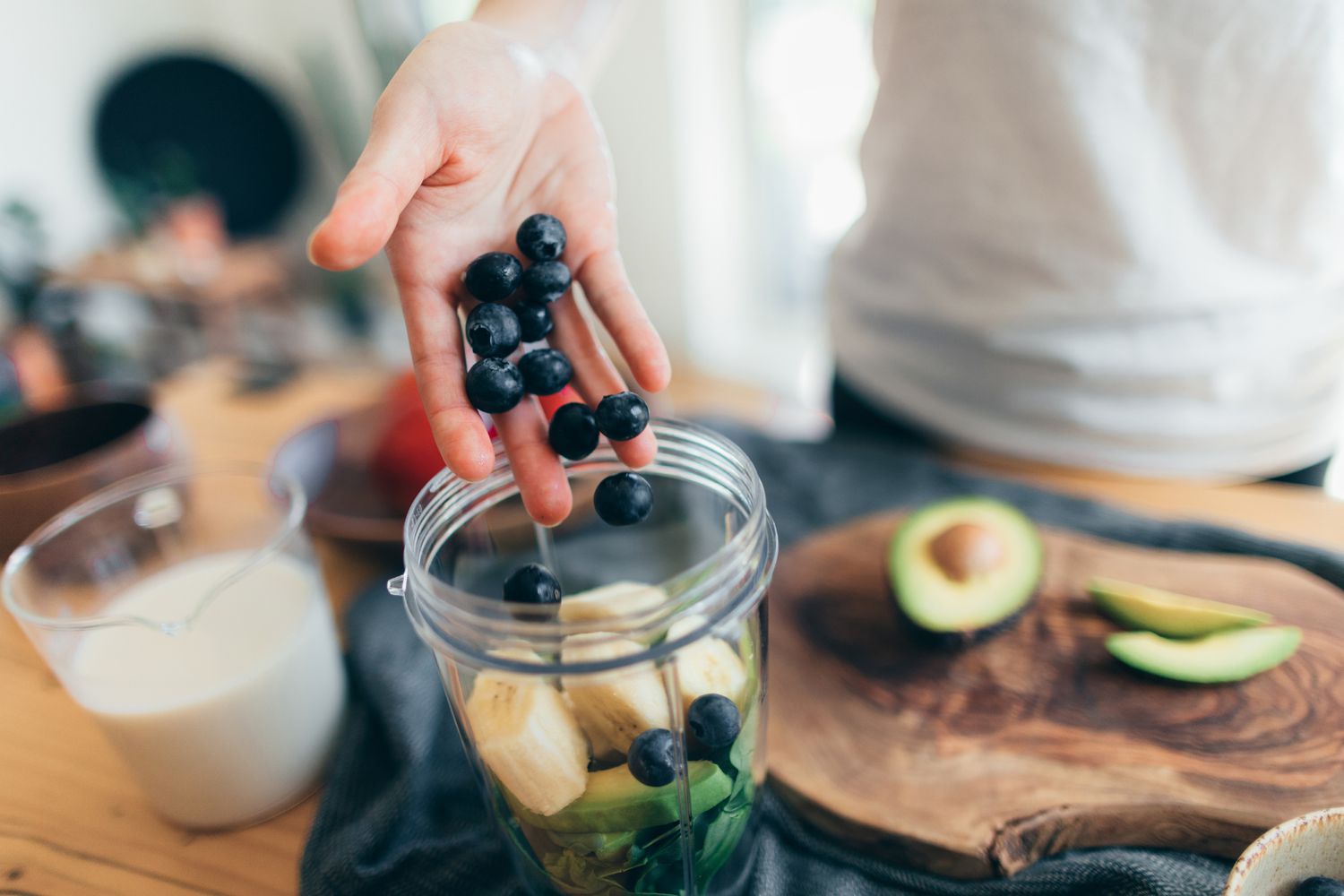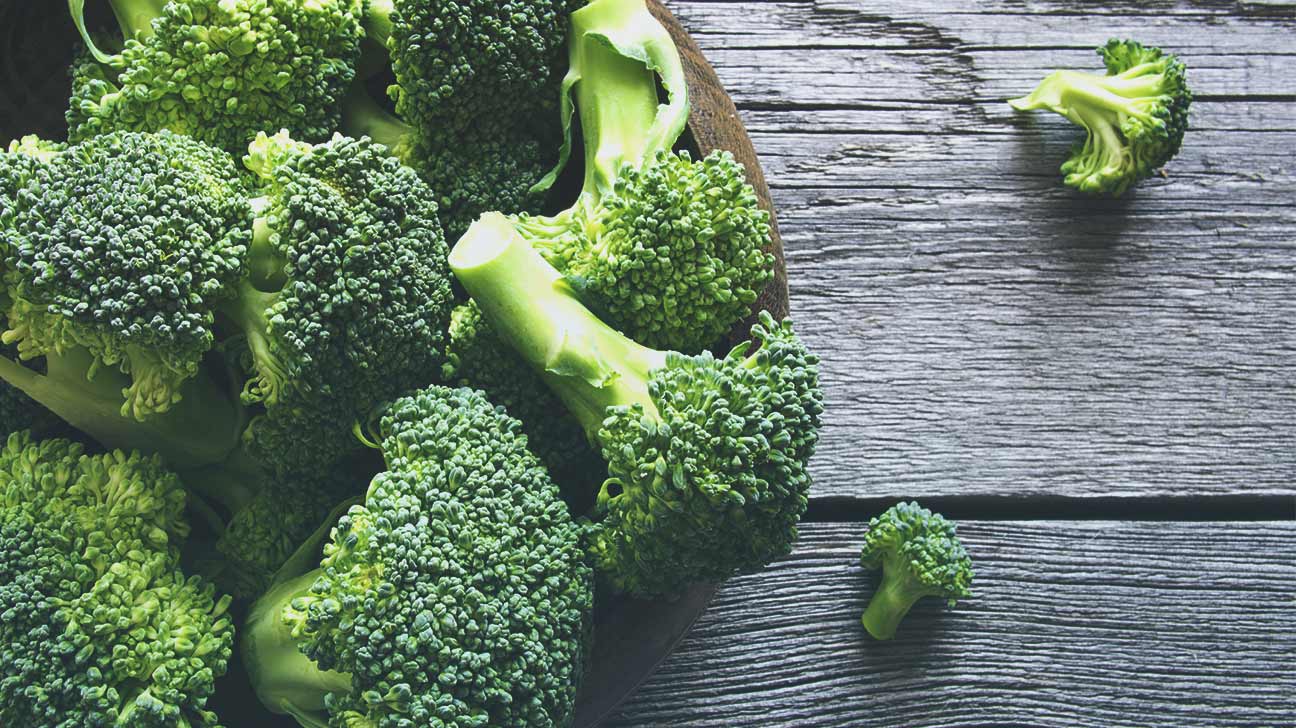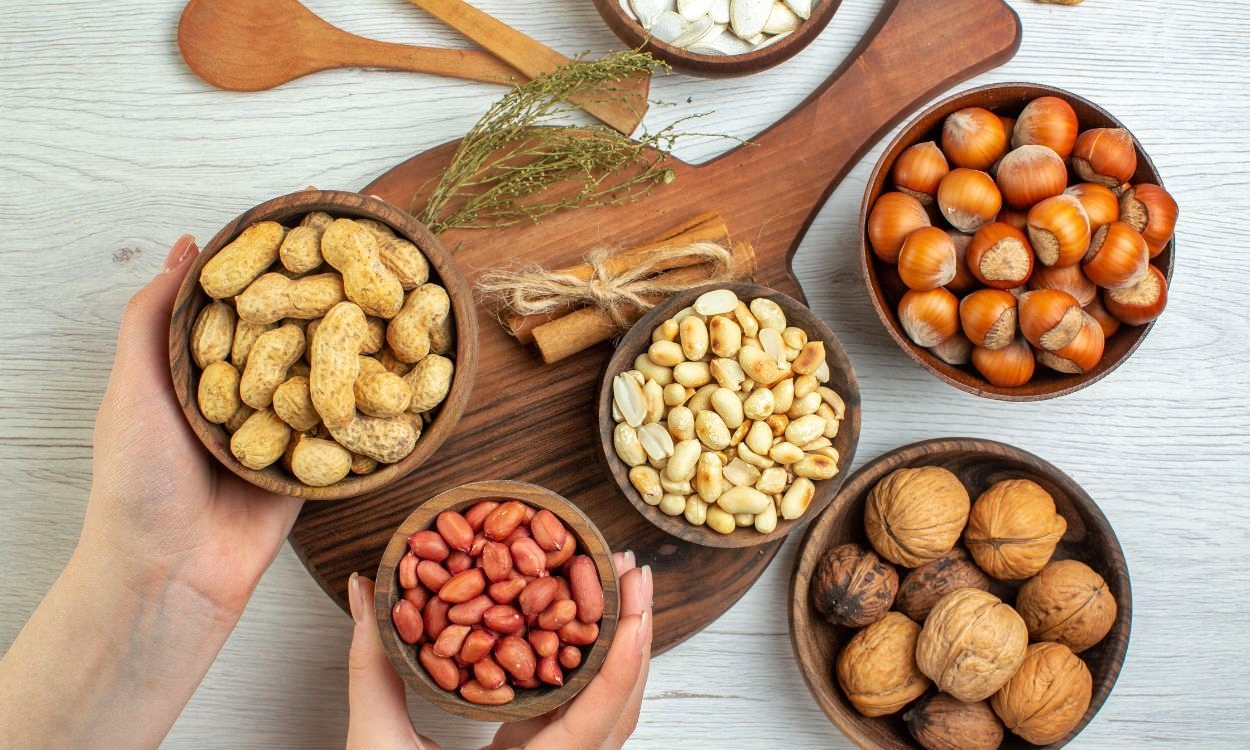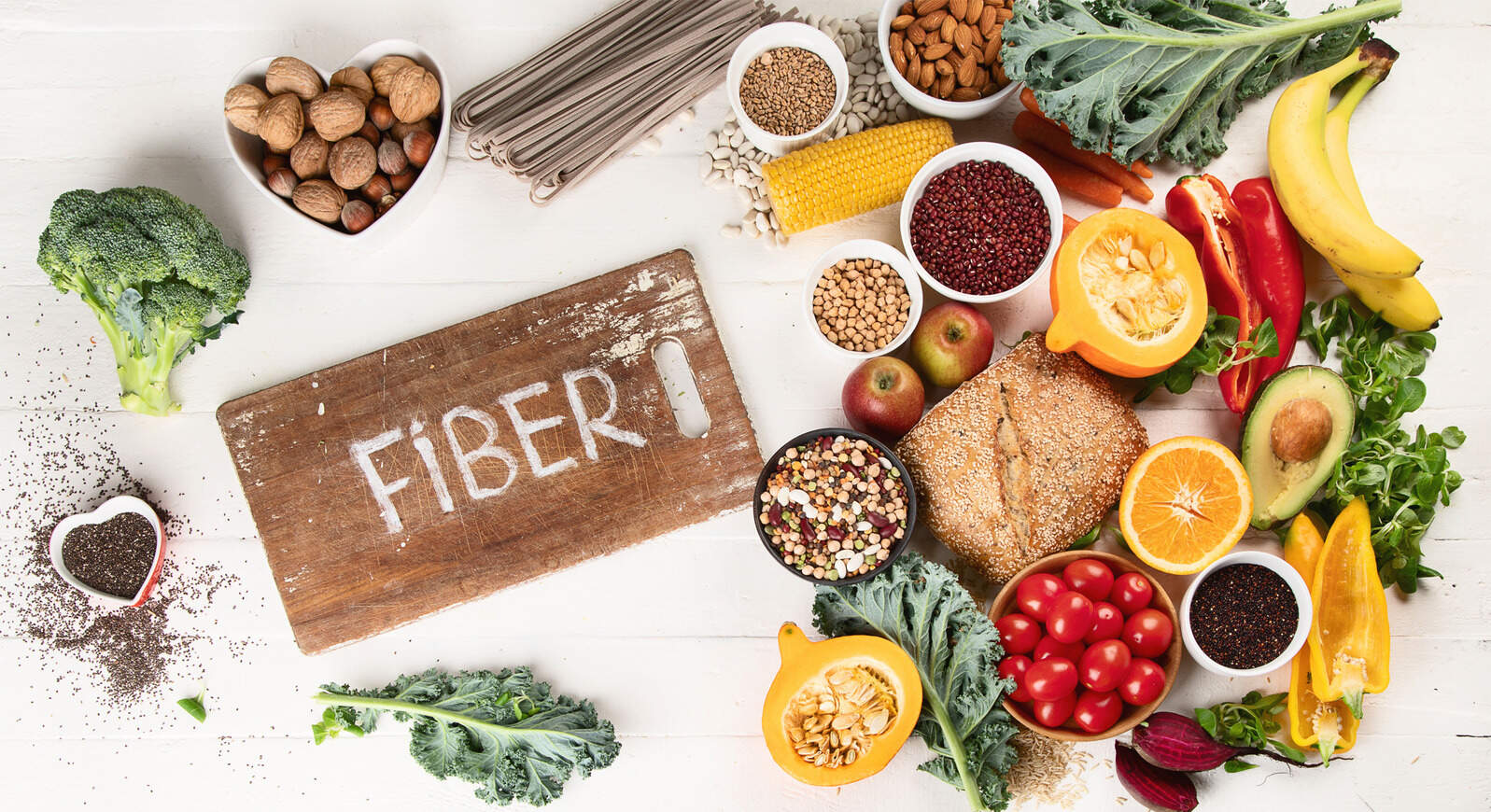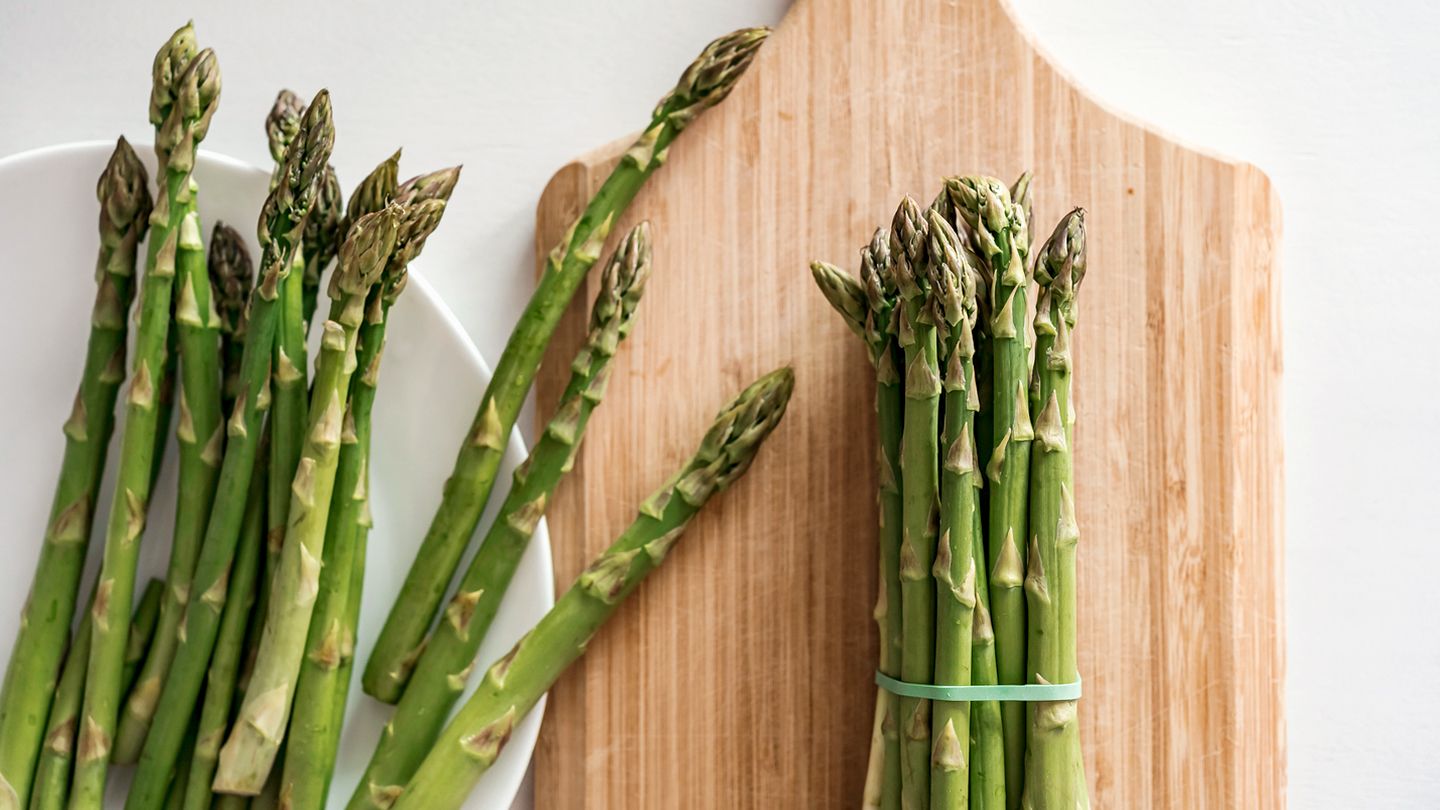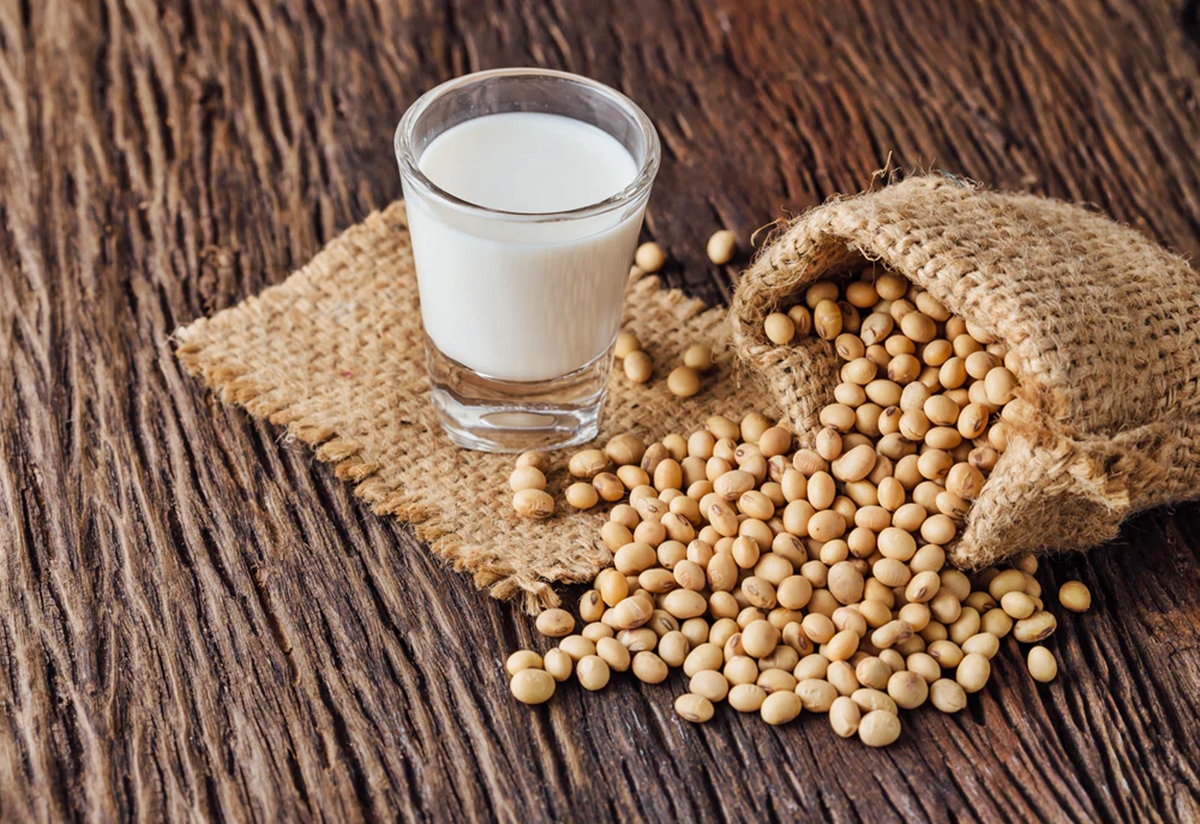How Your Diet Can Help You Avoid Cancer
Cancer is a devastating disease that affects millions of people around the world. While there is no guaranteed way to prevent cancer, there are steps you can take to reduce your risk. One of the most important factors in cancer prevention is your diet. By making smart food choices, you can help protect yourself against this deadly disease.
Focus on Fruits and Vegetables
Fruits and vegetables are packed with vitamins, minerals, and antioxidants that can help protect your body against cancer. Aim to fill half your plate with a variety of colorful fruits and vegetables at every meal. Some of the best cancer-fighting options include:
- Berries – Blueberries, strawberries, and raspberries are rich in antioxidants that can help prevent cell damage.
- Leafy greens – Spinach, kale, and Swiss chard are high in folate, a B vitamin that may reduce the risk of certain cancers.
- Cruciferous vegetables – Broccoli, cauliflower, and Brussels sprouts contain compounds that have been shown to have anti-cancer effects.
- Citrus fruits – Oranges, lemons, and limes are rich in vitamin C, which can help boost the immune system.
Choose Whole Grains Over Refined Grains
When it comes to grains, opt for whole grains like brown rice, quinoa, and whole wheat bread instead of refined grains like white rice and white bread. Whole grains are rich in fiber, vitamins, and minerals, which can help reduce the risk of certain types of cancer, including colorectal cancer.
Limit Processed and Red Meats
Processed meats like bacon, sausage, and hot dogs, as well as red meats like beef, pork, and lamb, have been linked to an increased risk of cancer, particularly colorectal cancer. Try to limit your consumption of these meats and opt for lean protein sources like chicken, fish, and plant-based proteins like beans and lentils instead.
Cut Back on Sugary Drinks and Snacks
Sugary drinks like soda and sweetened iced tea, as well as snack foods like cookies, cakes, and candy, can contribute to weight gain and increase the risk of certain types of cancer, including breast and pancreatic cancer. Try to limit these items in your diet and opt for water, herbal tea, and fresh fruit as healthier alternatives.
Include Healthy Fats in Your Diet
Not all fats are bad for you. Healthy fats like those found in avocados, nuts, seeds, and olive oil can actually have protective effects against cancer. These fats are rich in antioxidants and anti-inflammatory compounds that can help reduce the risk of cancer and other chronic diseases.
Conclusion
While there are no guarantees when it comes to preventing cancer, making smart food choices can go a long way in reducing your risk. By focusing on a diet rich in fruits, vegetables, whole grains, and healthy fats, and limiting processed meats, red meats, and sugary foods and drinks, you can help protect yourself against this deadly disease.
Remember, a healthy diet is just one piece of the puzzle when it comes to cancer prevention. It’s also important to stay physically active, maintain a healthy weight, avoid smoking and excessive alcohol consumption, and get regular screenings and check-ups. By taking a comprehensive approach to your health, you can give yourself the best possible chance of avoiding cancer.
Was this page helpful?
oracledumpsfree
oracledumpsfree offers the 100% Real Exam Dumps for your preparation for the Certification Exams. With the help of these Best Exam Dumps, you will be able to prepare more efficiently and achieve the highest marks in your exam




